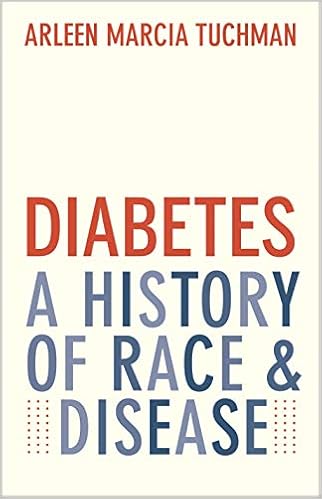Industry-funded study of the week: Cultured meat
US and UK Consumer Adoption of Cultivated Meat: A Segmentation Study. Keri Szejda, Christopher J. Bryant, Tessa Urbanovich. Foods 2021, 10(5), 1050.
Background: “Despite growing evidence of the environmental and public health threats posed by today’s intensive animal production, consumers in the west remain largely attached to meat. Cultivated meat offers a way to grow meat directly from cells, circumventing these issues as well as the use of animals altogether.”
Purpose: “The aim of this study was to assess the overall consumer markets and a range of preferences around cultivated meat in the US and the UK relating to nomenclature, genetic modification, health enhancements, and other features.”
Conclusion: “there are solid consumer markets for cultivated meat in the UK and the US, despite an overall lack of familiarity with the product. Younger generations are the most open to trying cultivated meat, and government seals of approval are considered important. Consumers tend to prefer non-GM cultivated meat, and while nutritional enhancements do not add much to consumer appeal overall, they may be an effective way to provide tangible benefits to more skeptical consumers.”
Funding: “This work was supported by Aleph Farms. Aleph Farms participated in the study design, but not other aspects of the project.”
Conflicts of interest: “The authors report no conflicts of interest.”
Comment: Aleph Farms produces cell-based meat substitutes: “We’re paving a new way forward in the field of cultivated meat, growing delicious, real beef steaks from the cells of cows, eliminating the need for slaughtering animals or harming the environment.”
The company paid for consumer research to find out how to sell its product. The authors perceive no conflicted interests in this kind of paid research. The biases induced by paid research are often unconscious and unrecognized. The result of this study is an implied suggestion to add nutrients to cell-based meat products as a means to convince people to buy them.
This is marketing research.
Thanks to Michele Simon for sending a query about this paper.

 I did a blurb for this book:
I did a blurb for this book: